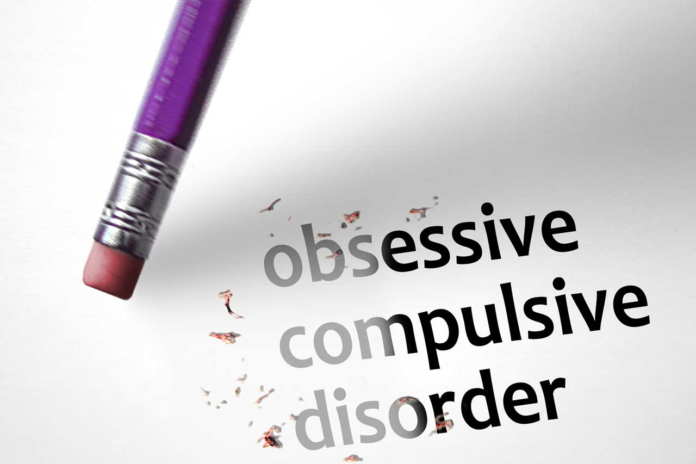A full Assessment is the first step in finding a obsessive-compulsive disorders treatment. This assessment will likely include a physical examination to rule out any physiological problems causing your symptoms. It will also include a psychological evaluation that asks questions about your thoughts, feelings, and behaviors to help determine the severity of your disorder. Suppose you have had your symptoms for years. In that case, a psychological evaluation is a next step in determining what treatment would be best for you.
Psychological evaluations typically involve a discussion about symptoms and thought patterns. The patient may be asked to share information with a family member or friend to help the doctor understand the symptoms and background of the disorder. The psychological assessment may include a review of the Diagnostic and Statistical Manual of Mental Disorders (DSM-5) to establish a diagnosis of OCD. Physical exams may be necessary to rule out any underlying medical issues or complications of the disorder.
Treatment may involve counseling depending on the severity of your symptoms and obsessive-compulsive disorders. A therapist may also recommend therapies that address a person’s phobias, including excessive worrying or focusing on a specific item. A psychologist may suggest therapy based on their assessment and a treatment plan. Suppose this type of therapy is not effective. In that case, the patient can refer to other treatment centers for a more effective treatment.
A psychological evaluation can also include a discussion of the symptoms, thoughts, and behavior patterns. The patient may be asked to provide information about family and friends in some cases. If these tests confirm the diagnosis, the patient will receive therapy. The therapist may also use exposure and response prevention, or ERP. This method can help patients recognize and manage negative thoughts and behaviors by training their brains to recognize them.
Generally, an obsessive-compulsive disorders treatment may involve a combination of talk therapy and medication. It may also include a physical examination to rule out other medical conditions causing the symptoms and check for any complications. If you feel that you might have OCD, a doctor will discuss the various treatment options available to you. The doctor will evaluate your condition and may recommend therapy or medication.
The first step in a OCD treatment plan is to identify what causes the disorder. A thorough psychological evaluation will include a discussion of your symptoms and behavioral patterns. You will also be able to discuss the impact of your symptoms on your family. You should find an occupational therapist who is experienced in treating OCD and can work with your physician to find a solution for your situation. You will be able to enjoy your life and make it as stress-free as possible.
Psychological evaluations can include an assessment of the symptoms and thoughts of the patients. Your physician will also do a psychological evaluation if you are looking for an obsessive-compulsive disorders treatment. During this evaluation, you may also discuss the symptoms with your family and friends. In addition, the doctor may conduct an occupational therapy session to help you develop a treatment plan that is specifically suited to your needs.
During the evaluation, your physician will discuss your symptoms and behavioral patterns with you. Your psychologist may also talk with your family members or friends about the disorder and your symptoms during this time. The psychiatrist will use specific diagnostic criteria to confirm your diagnosis. Your doctor may also prescribe a medication to treat your symptoms. If medications and other treatments aren’t enough, you can seek therapy that focuses on the symptoms that trigger your OCD.
After a thorough psychological evaluation, your therapist may perform a physical exam to rule out other medical conditions that may be causing your symptoms. During this physical exam, your therapist will examine your body for injuries or other complications. During this session, your therapist will discuss with you what they have seen and what they think. If you have experienced any of these symptoms, your therapist will recommend a treatment plan that best suits your needs. For more detail about Compulsive Disorders Treatment, visit Dr. Arceo Psychiatric Services.


